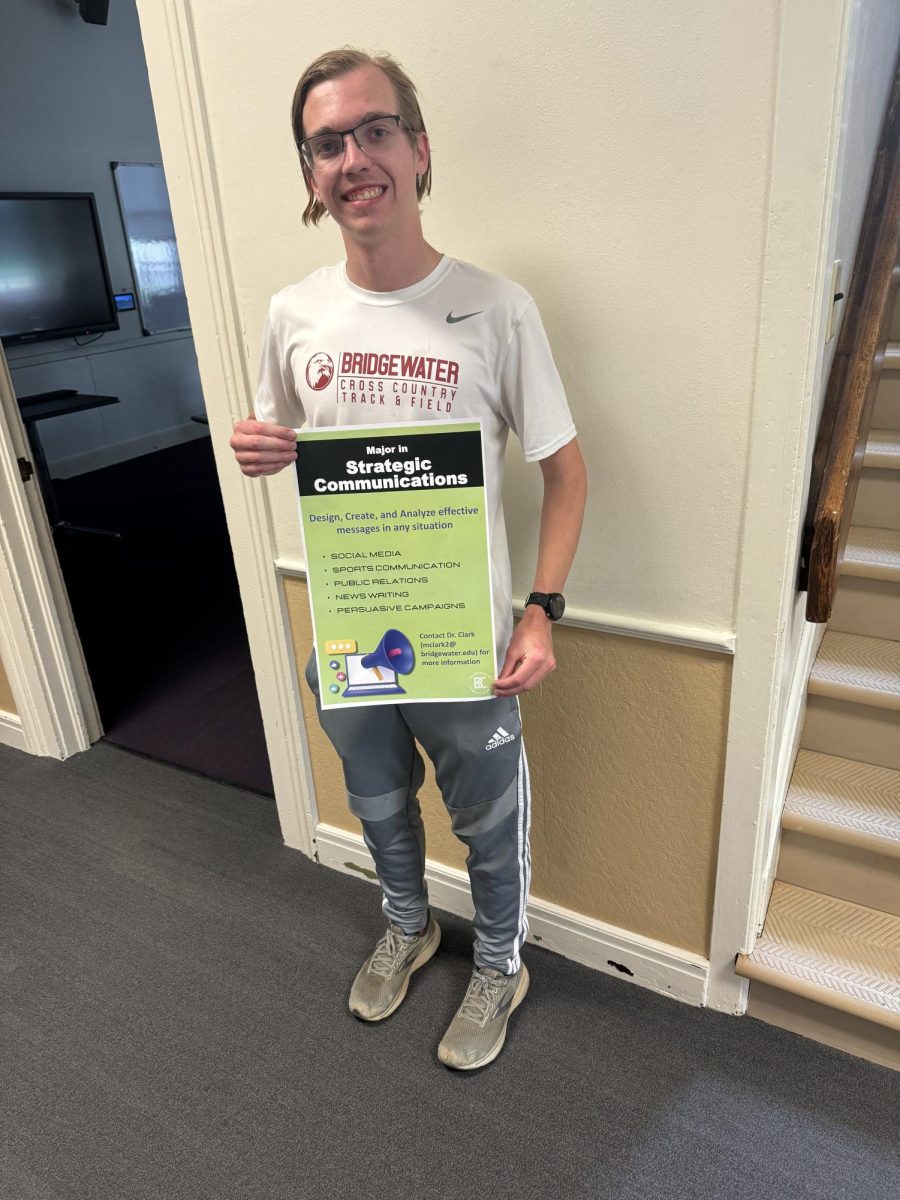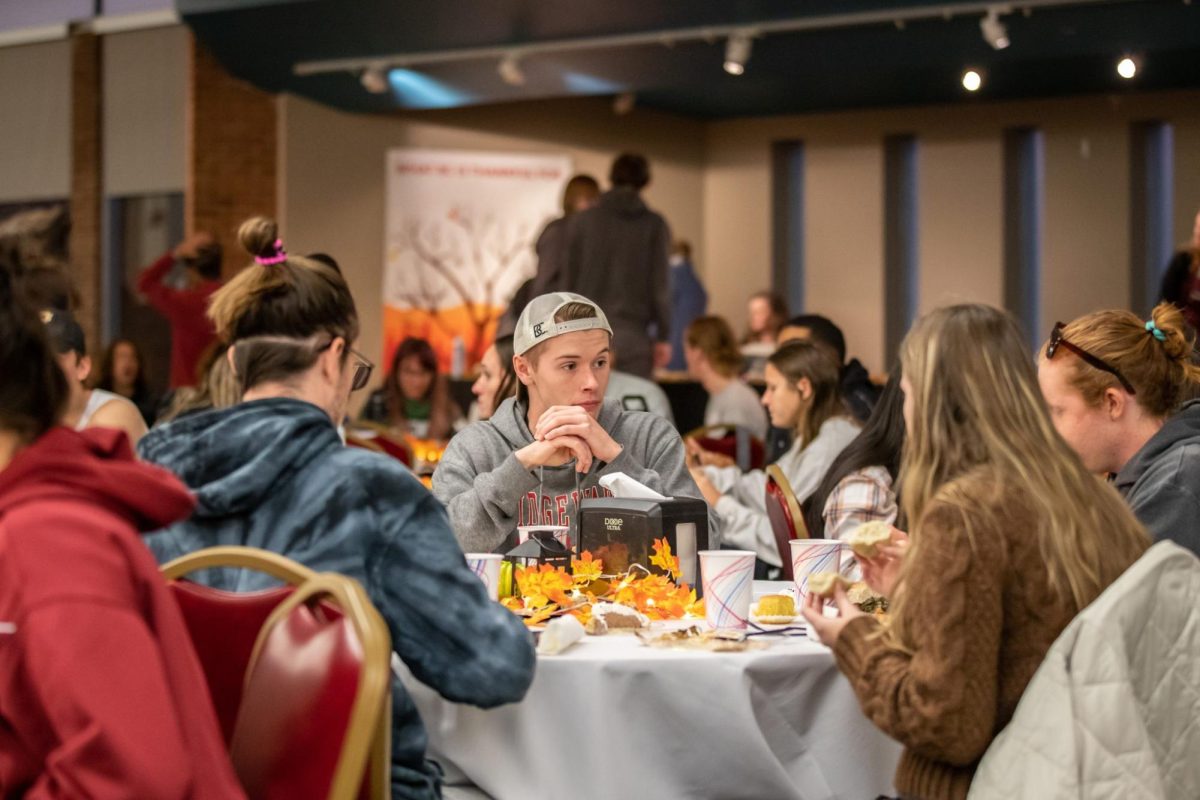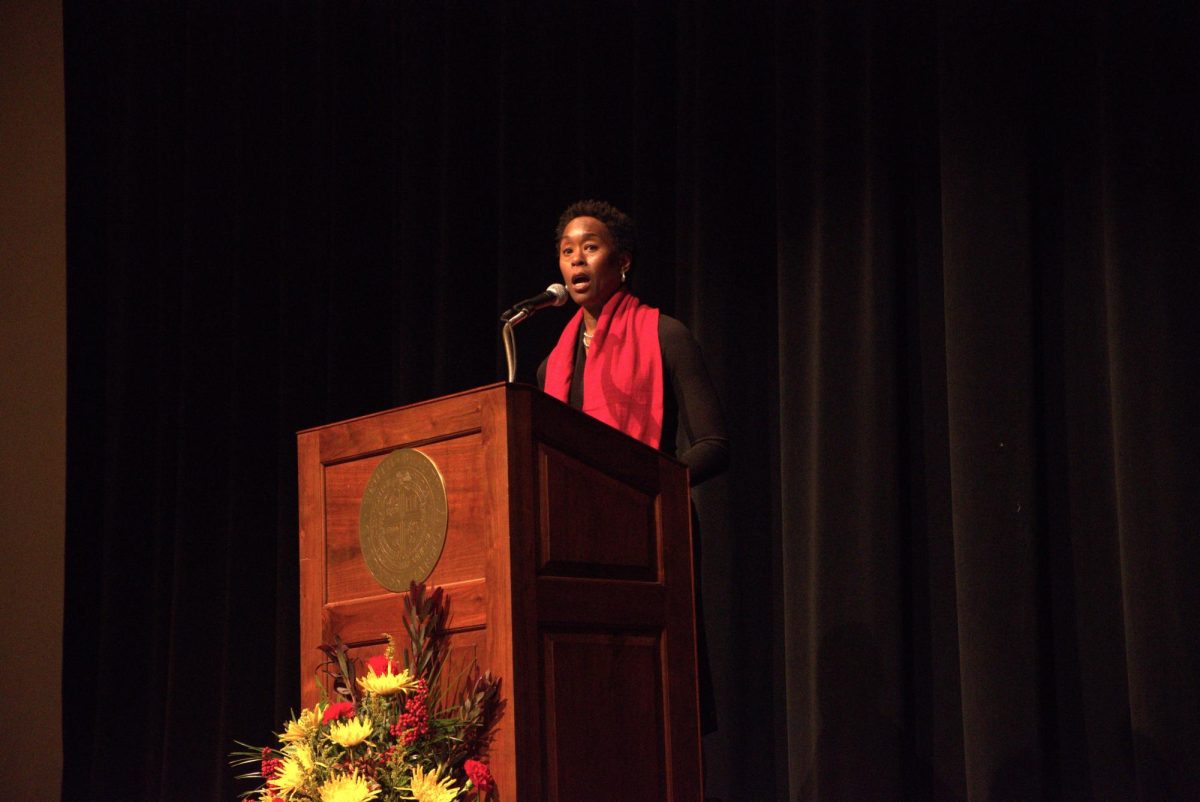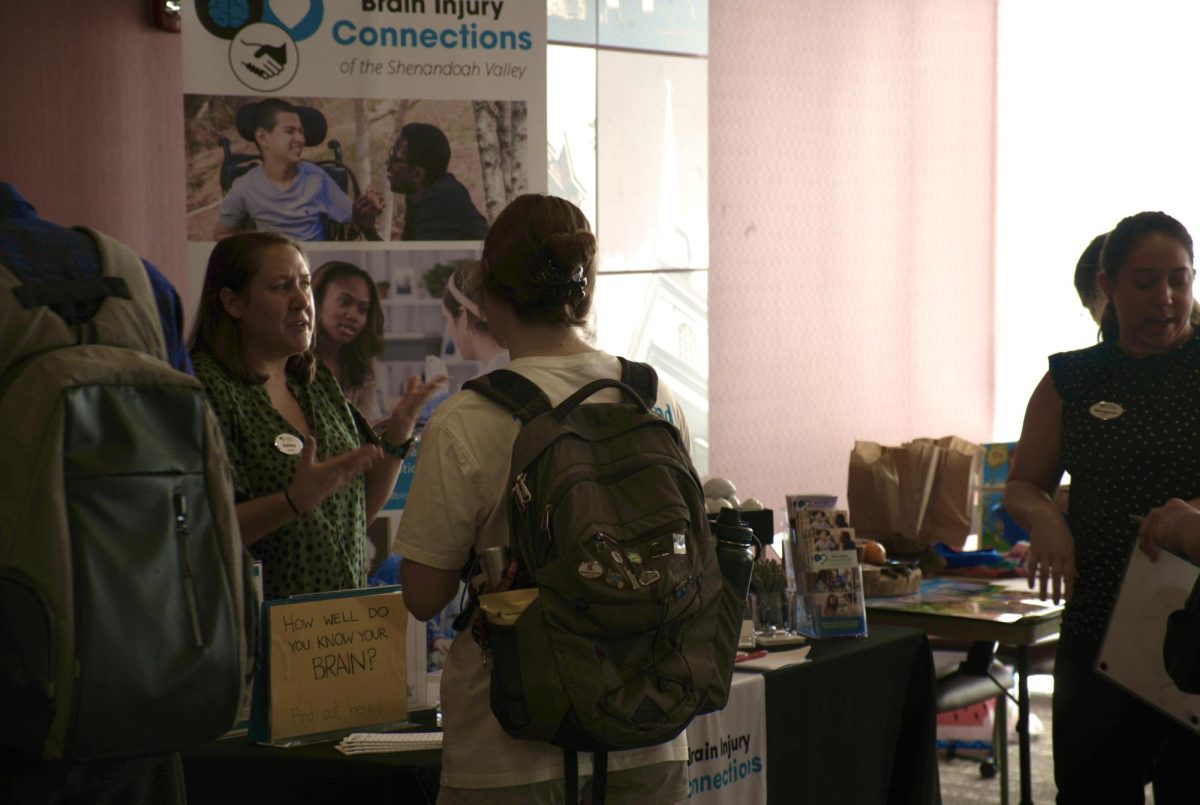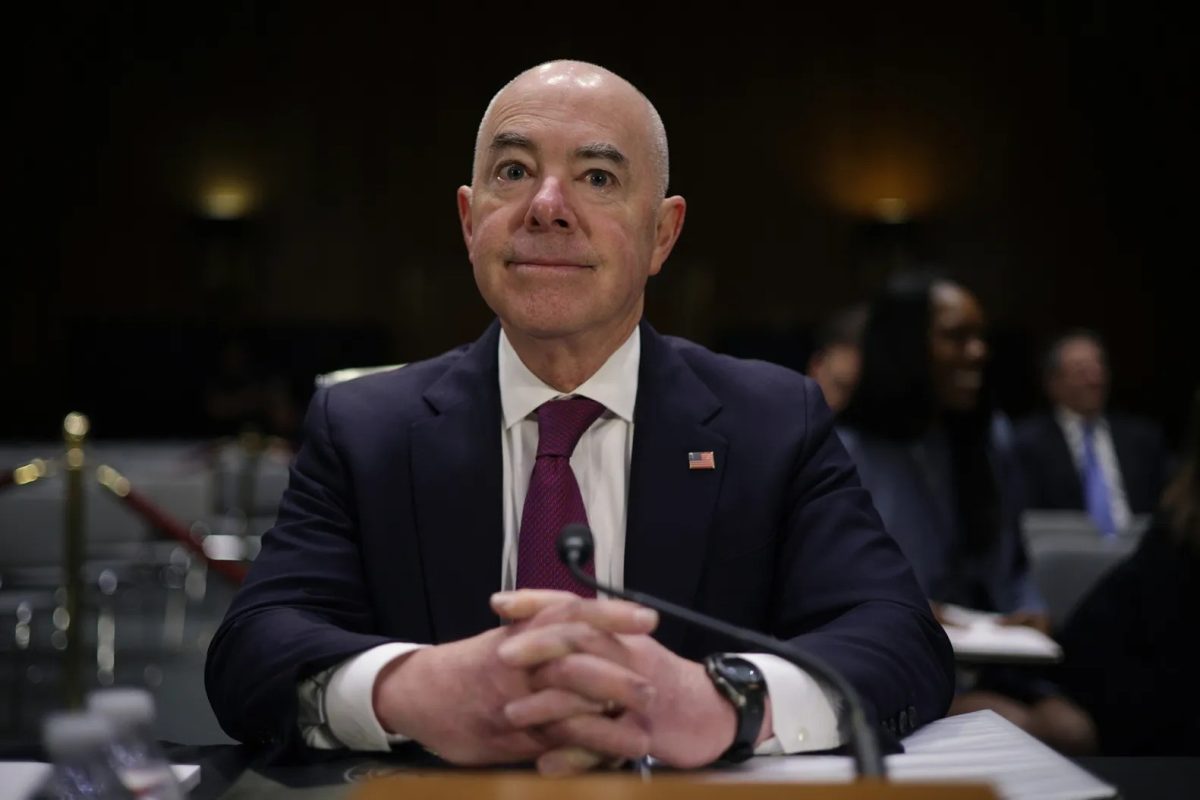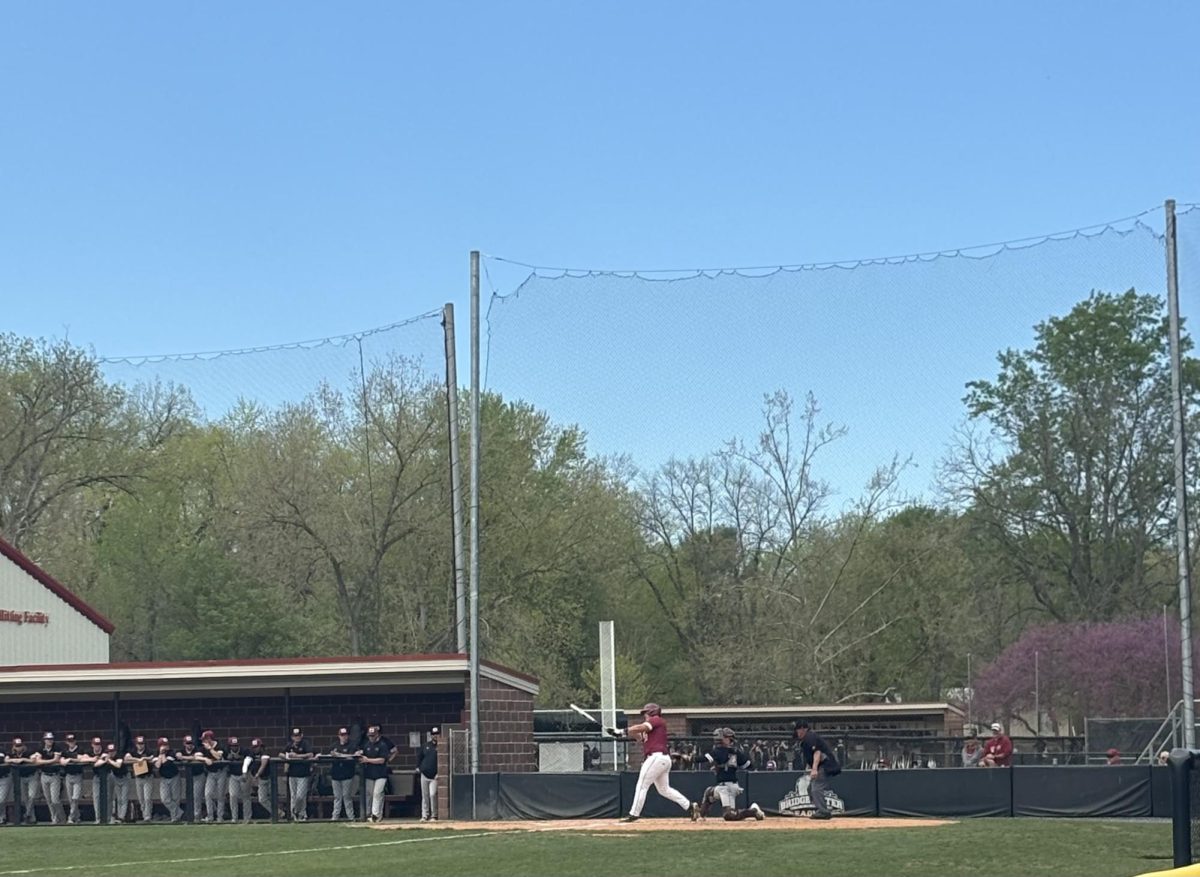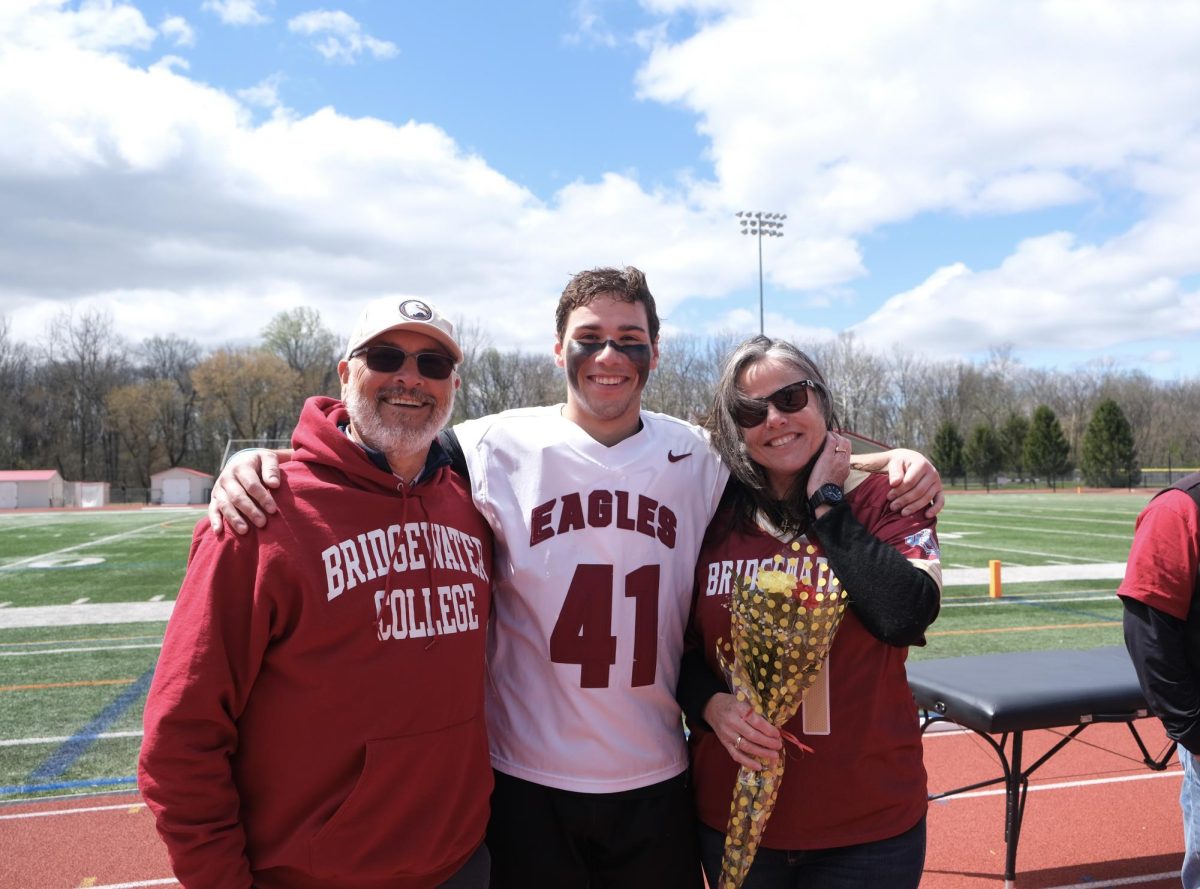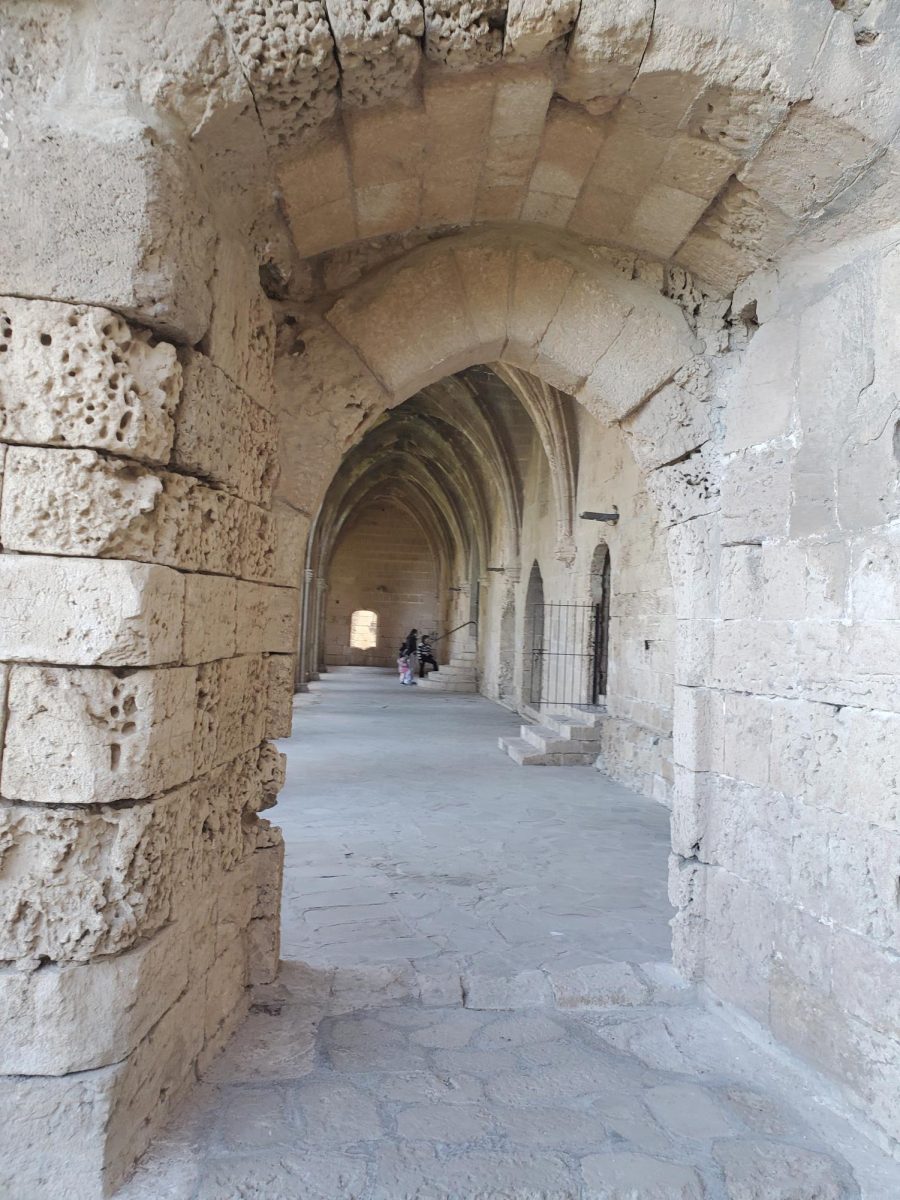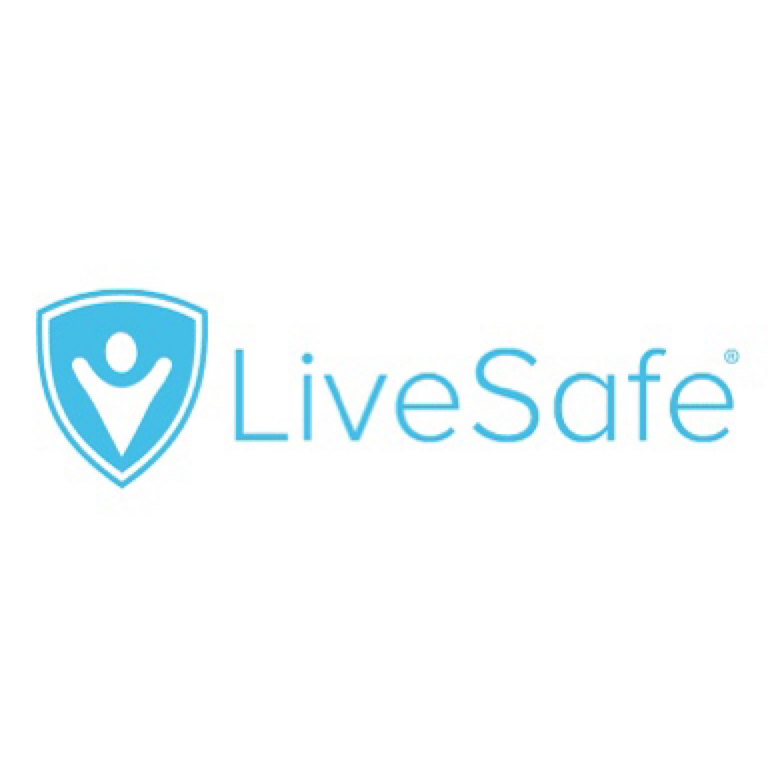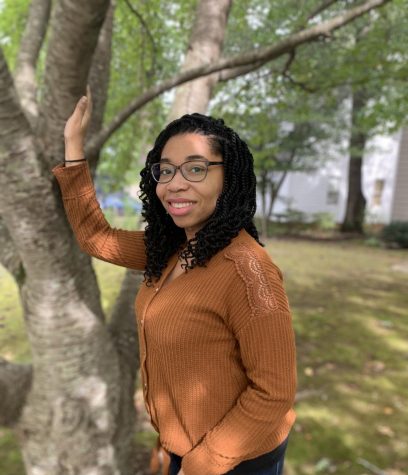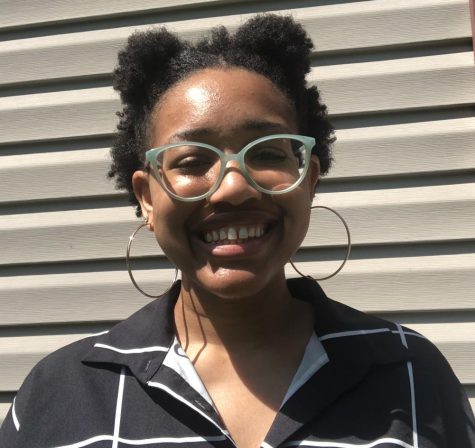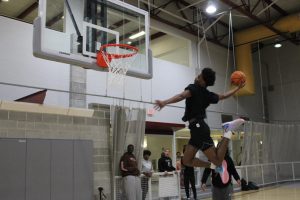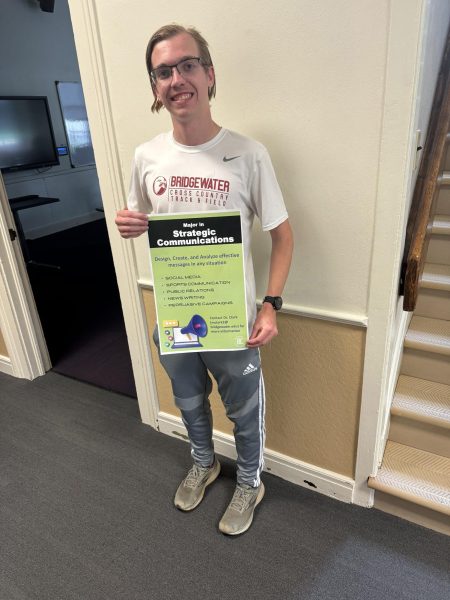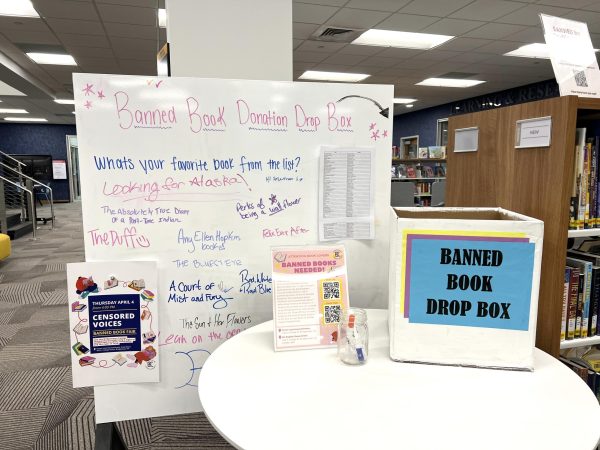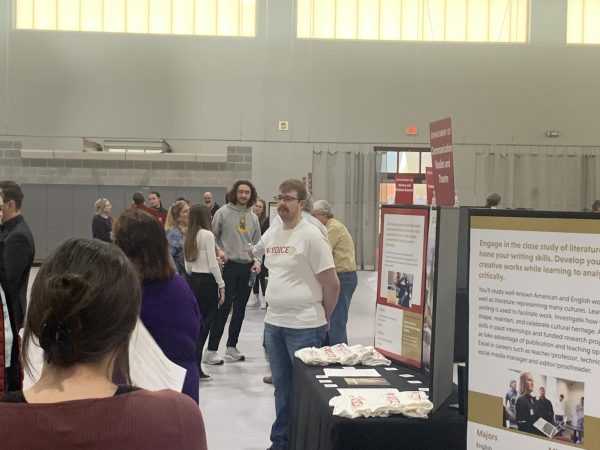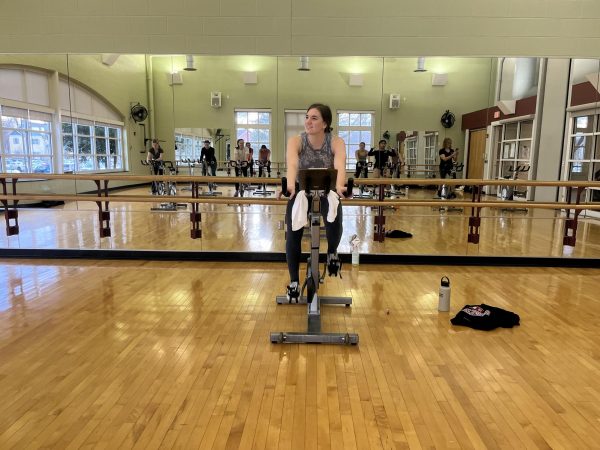Effectiveness of the LiveSafe App
Students Protect Themselves on Campus by Evaluating Their Symptoms
Before the pandemic, LiveSafe was an app used to protect the community through risk intelligence and anonymous reporting in the workplace and higher learning institutions. Now it is used to prevent the spread of the virus by communicating safety information.
October 2, 2020
Bridgewater, Va. – The LiveSafe app is used to encourage students, faculty and staff on Bridgewater College’s campus to keep a record of symptoms related to COVID-19.
Each morning, students, staff and faculty receive an email reminding them to assess themselves for any symptoms that could be related to COVID-19.
Currently, the LiveSafe app is only required at certain events on campus. According to Sam Schlernitzauer, coordinator of student engagement and leadership, clearance on the LiveSafe app is mandatory for students to participate in “high touch point” activities such as intramurals, the Funkhouser Center and CEAT events.
“These are places where we know a large number of students will congregate,” said Schlernitzauer.
The LiveSafe app is not required at club and organization meetings, but according to Schlernitzauer, it is “highly encouraged” to download the app, but it is up to the student to fill out their symptoms.
For some students, the LiveSafe app is a nice tool to use on campus.
Senior Kylie Revely believes LiveSafe is a helpful app to understand symptoms and assess oneself.
“It holds you accountable for giving accurate symptom measures and being mindful of how your actions can affect the people around you,” said Revely.
Hannah Weisenburger, a senior on campus, uses the LiveSafe app every day to assess her symptoms because she has many obligations on campus.
“I do the system assessment every day. I have two in-person classes, as well as working on a job on-campus and an internship off-campus,” said Weisenburger.
In order for people to feel comfortable, Weisenburger believes that the BC community has to rely on people being honest and intentional about assessing their symptoms every day.
“You do have to rely on the majority of people having an honest, consistent nature of actually monitoring their symptoms and using the app,” said Weisenburger.
Junior Christopher Atkins believes hardly any of his fellow peers bother to use the app.
Atkins uses the app to prepare for using it constantly before practices start up for him. For Atkins, the LiveSafe app makes him overthink having symptoms.
“I overthink things because I feel like if I cough or sneeze, I’m in danger,” Atkins said.
Overall, many students find the LiveSafe app to be effective because BC has taken the precautionary measures to help students feel protected. Weisenburger said that she has “felt safe since August.”
According to Revely, she does not feel worried about the COVID dashboard or the spread of the virus on campus.
“I cannot say I’m genuinely worried about it with the measures Bridgewater has taken,” said Revely. “I keep myself safe in hopes other people will give the same courtesy to me.”
Between Sept. 25 through Sept. 28, Bridgewater College has not seen any new COVID-19 cases from both students or faculty. As of Sept. 29, there have been four new cases reported on the Bridgewater dashboard in the last 14 days.
Associate Dean of Students & Psychologist Neal Rittenhouse was not available for the interview.


